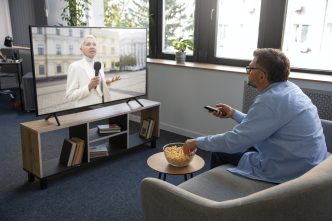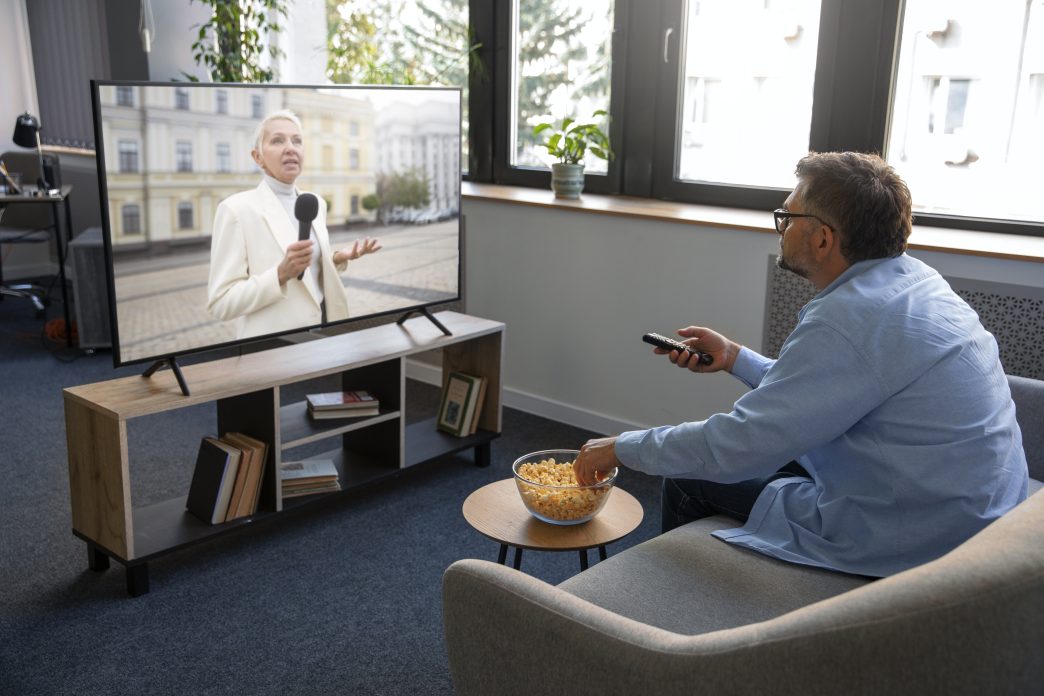Selecting the appropriate TV size for your room is essential for enjoying content comfortably while maintaining the space’s functionality. The right TV size depends not only on personal preference but also on the distance between viewers and the screen, as well as the room’s proportions. Considering a few key factors will ensure the best viewing experience.
Distance and Room Dimensions
Start by measuring the distance between your seating area and the TV location. As a general guideline, screen size should be proportional to viewing distance. For example, a 55-inch TV works best at roughly 2 to 3 meters. Larger TVs, like 65- or 75-inch models, require greater distances—around 3 to 4 meters—to avoid overwhelming the viewer and to comfortably see details.
Room dimensions also matter. In smaller rooms, where viewing distance is shorter, smaller TVs of 32 or 40 inches are ideal. Larger spaces can accommodate bigger screens without straining the eyes. Additionally, consider the size of the wall or furniture where the TV will be placed to ensure it fits aesthetically.
Resolution and Furniture Layout
TV resolution affects image quality at different distances. 4K TVs allow you to sit closer without losing picture clarity, which is especially useful for larger TVs in smaller rooms.
Furniture layout is another key factor. Position the TV at eye level when seated to avoid uncomfortable viewing angles. Wall mounts are a practical solution for optimizing space and achieving the ideal height.
Viewing Habits and Personal Needs
Consider how you use your TV. For movies, gaming, or sports, a larger screen can enhance the experience. However, an overly large TV may overwhelm a small room and disrupt its aesthetic balance.
By carefully choosing the TV size based on room dimensions, viewing distance, resolution, and furniture layout, you can achieve a perfect balance of comfort, functionality, and style. This ensures your TV complements both your home and your lifestyle.
Photos: Freepik








